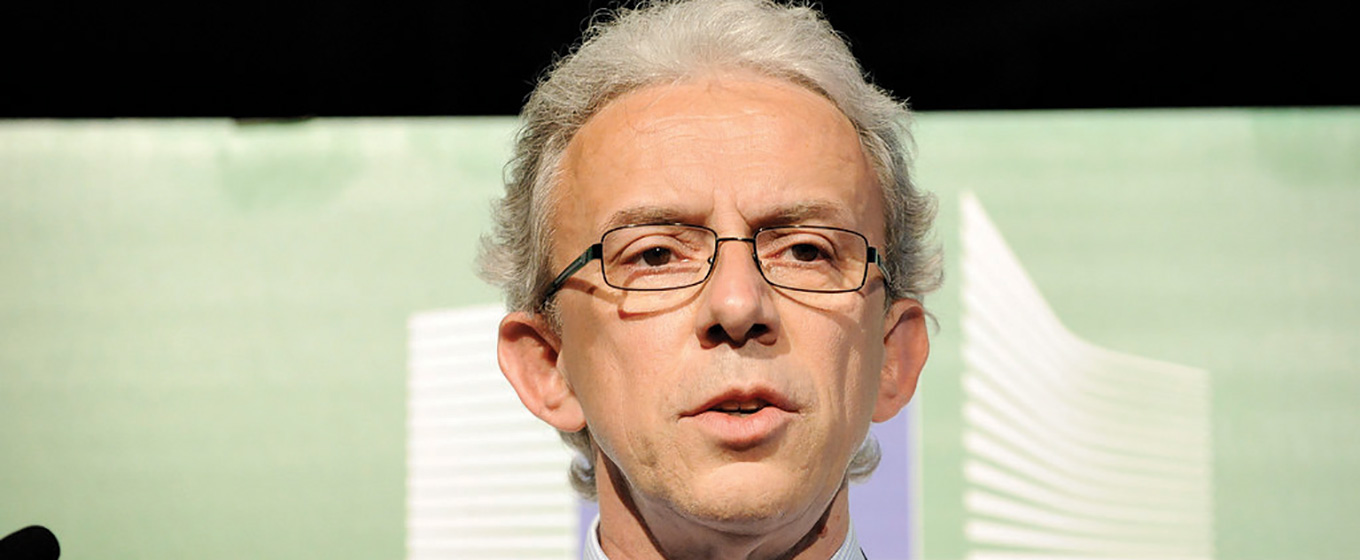Rethinking research

There has been a rise in research during this phase. As you mentioned, due to the COVID-19 pandemic, it is more difficult to access traditional research tools, but this period has favoured new research ideas and proposals. It has provoked a very strong response: in the first phase of the pandemic until summer 2020, Università Cattolica del Sacro Cuore presented more than 100 COVID-19 related proposals in national and international tenders, half of which were from medical scientists and the other mainly from sociologists and psychologists. The crisis has stimulated immediate and lasting transformations in the way we relate and live. This has stimulated many ideas outside Medical Sciences. The pandemic crisis has catalysed a strong response from the entire research system, causing a revitalising effect.
Undoubtedly, there is an emerging theme of science vs politics and science vs the person. The University is putting in place a process (which is not yet formal), driven by the Rector himself, which promotes a “trust in science” initiative: reflections and brainstorming ideas on the relationship between scientists and decision-makers on the one hand and people on the other. For the first time, people have come into direct and intense contact with the scientists who we usually do not see in the media. People have discovered the “secrets” of science also in terms of problems and contradictions. Scientists should always specify that everything they say is in the current state of knowledge, which evolves over time, as is the case with COVID-19.
On top of that, there is also the relationship between scientists and policymakers. Università Cattolica has been very active in speaking to policymakers. The dialogue is not always easy, and also involves an issue of responsibility sharing. This permanent problem of the dialogue between science and policy has reemerged with the COVID-19 pandemic.
Has working online helped international collaborations?
Working online has favoured international collaborations. It is very easy to organise a webinar on any topic with 100/200 people for a few hours. It has encouraged network expansions and actual or potential collaborations with international researchers. We have developed a very large number of projects with international partners. Thirty to forty per cent of our European or international research projects are on an international basis and involve partnerships with researchers from other countries. Almost forty per cent of publications are international co-authorships. A new research website has been developed which will need to be constantly updated. Even if it depends on the subject areas, in general, our degree of internationalisation of research is satisfactory, and it is growing. This way of working also has its limits: when we take part in international conferences, there is an important part of informal face-to-face interactions which establishes collaborations. Said that, although personal networking opportunities are limited online, there is still a higher chance of building new relationships.
I believe the positive aspects of online and face-to-face teaching and learning methods will be maintained. European universities were already moving in that direction and are continuing to do so. On the other hand, I see little competition with fully online universities which do not carry out research or third mission. As for Università Cattolica, the three missions interact amongst themselves and make us different and much more attractive even online. This year we have increased student enrollments, and other traditional universities have also seen an increase in the number of enrollments since people can work and study at the same time.
How do you envision the future of international research at Università Cattolica?
From an international perspective, we are working on enhancing our commitment, although we have a good degree of internationalisation of research. Now we are looking at Horizon Europe 2021-27, the research and innovation framework programme, a reference point for all European researchers. At the same time, the National Research Programme (NRP) has the same characteristics as Horizon Europe regarding its major topics and ‘grand challenges.’ Horizon Europe is shaped by the idea of ‘Mission-oriented research,’ which foresees scientific results as a service for society by being transformative and highly impacting for the common good. We believe in this type of research and we push forward international partnerships that can move together in the same direction. A recent example of international research cooperation is the Strategic Alliance of Catholic Research Universities (SACRU), an initiative promoted by the Rector and carried out by Dr Edilio Mazzoleni, Prof. Pier Sandro Cocconcelli and myself. SACRU is a network of universities dedicated to research and teaching excellence, engagement and global collaboration informed by Catholic social teaching.

